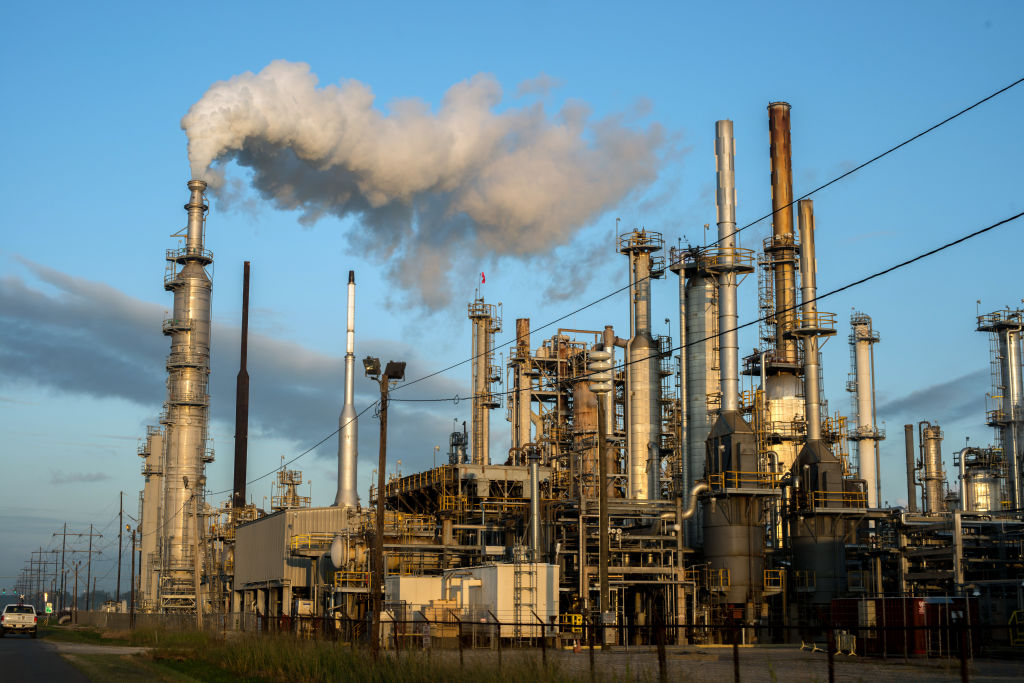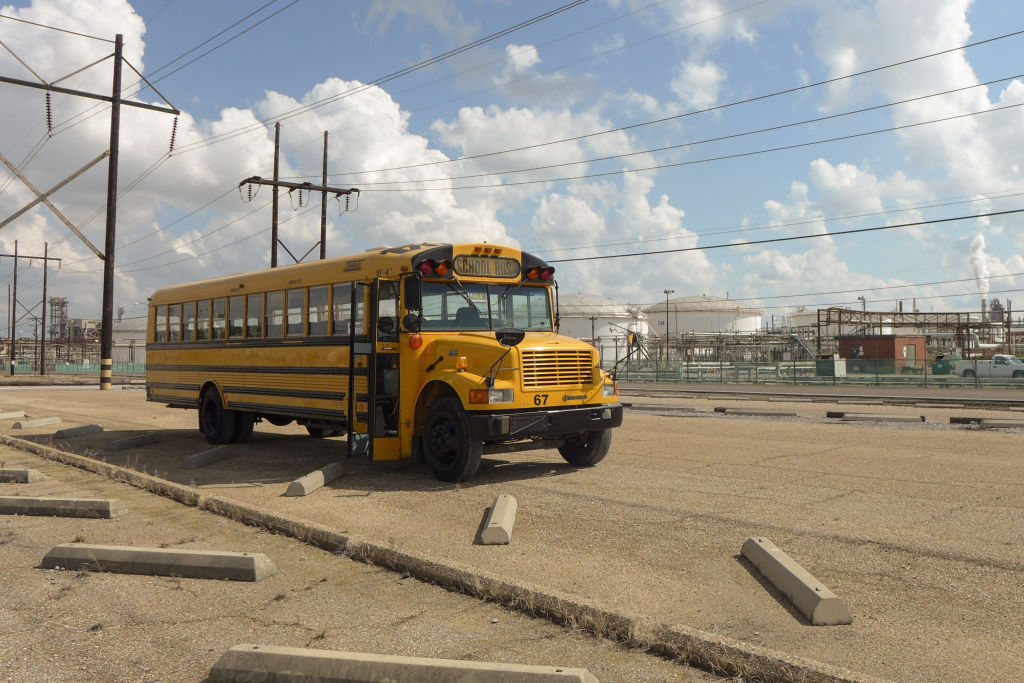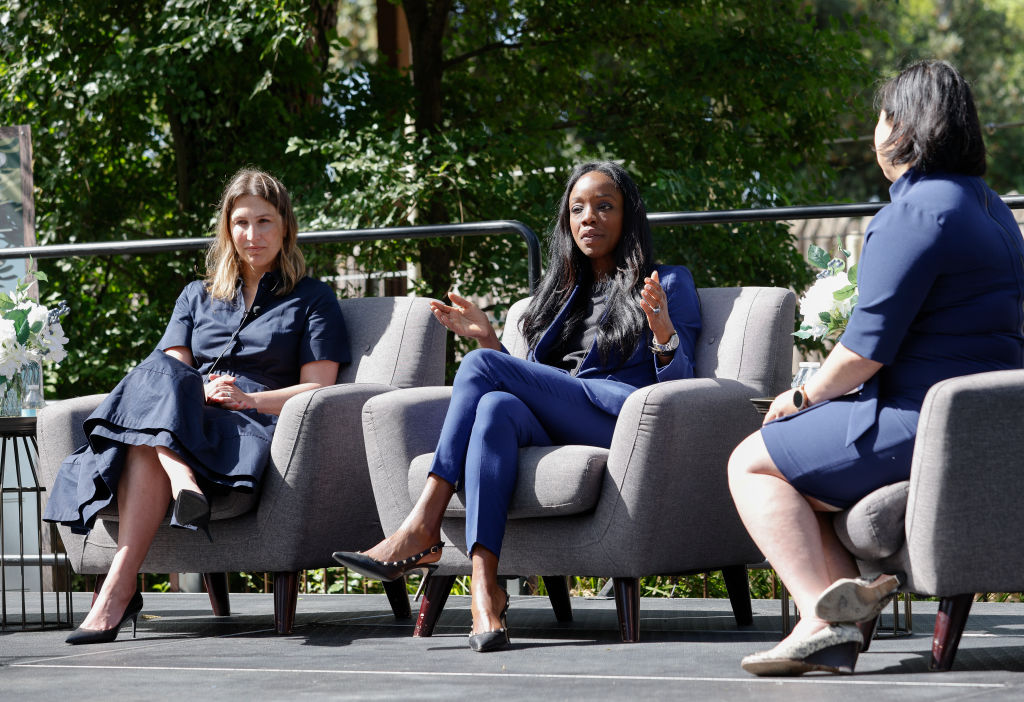
Source: Giles Clarke / Getty
A federal appellate court in New Orleans will hear oral arguments Monday in a civil rights lawsuit against a south Louisiana parish that allegedly engaged in racist land-use policies, according to AP.
The Fifth Circuit Court of Appeal will review a lawsuit filed by three New Orleans community groups, Inclusive Louisiana, Rise St. James and Mt. Triumph Baptist Church. The groups claim that St. James Parish “intentionally discriminated against Black residents” by allowing industrial companies to build their facilities in areas with predominantly Black populations “while explicitly sparing white residents from the risk of environmental harm,” according to the suit.
When plaintiffs filed the complaint in March 2023, they argued that 20 of the 24 industrial facilities were located in two parts of the parish that were majority Black. The parish is known by many environmental groups as “Cancer Alley” because it’s located near a heavily industrialized stretch of the Mississippi River, which has high levels of suspected cancer-causing pollution.
In November 2023, U.S. District Judge Carl Barbier dismissed the lawsuit because the plaintiffs filed their complaint too late, stating they missed their window to sue the parish.
The location of plants wasn’t the only evidence linking to ongoing discrimination against the Black community in the parish.

Source: Giles Clarke / Getty
According to Pamela Spees, a lawyer for the Center of Constitutional Rights representing the plaintiffs, the team is also challenging Barbier’s ruling under the “continuing violations” doctrine because discriminatory parish governance persists, allowing for industrial expansion in primarily Black areas, according to AP.
The community has “tried at every turn to simply have their humanity and dignity be seen and acknowledged,” Spees said. “That’s just been completely disregarded by the local government and has been for generations.”
The federal government has also taken steps to fight against the legacy of environmental racism.
At its core, the complaint alleges civil rights violations under the 13th and 14th amendments, stating the land-use system in the parish allowing for industrial buildout primarily in majority-Black communities remains shaped by the history of slavery, white supremacy and Jim Crow laws and governance.
Cancer Alley, Louisiana
As previously reported by NewsOne, Cancer Alley refers to a stretch of land along the Mississippi River between Baton Rouge and New Orleans in Louisiana, known for its high concentration of industrial facilities, chemical plants and refineries. Residents in this area face increased health risks due to exposure to air and water pollution, leading to higher rates of cancer and other diseases.
According to ProRepublica, over the last year, new petrochemical facilities threaten to cause more harm to residents living within the Mississippi River corridor. Contractors have been actively constructing amid growing concerns over the potential hazards of specific industrial plants. Notably, attention has been drawn to projects such as Formosa’s proposed $9.4 billion plastics factory in St. James Parish and the enduring Denka neoprene facility in St. John Parish. The latter has been flagged for its hazardous emissions, as underscored by an Environmental Protection Agency model that calculates cancer risk in the vicinity of chemical plants.
SEE ALSO:
10 Modern-Day Examples Of Environmental Racism
What Is Redlining And How Can It Be Solved?
The post Civil Rights Lawsuit On Environmental Racism In Louisiana’s ‘Cancer Alley’ To Be Reviewed In Federal Court appeared first on NewsOne.

